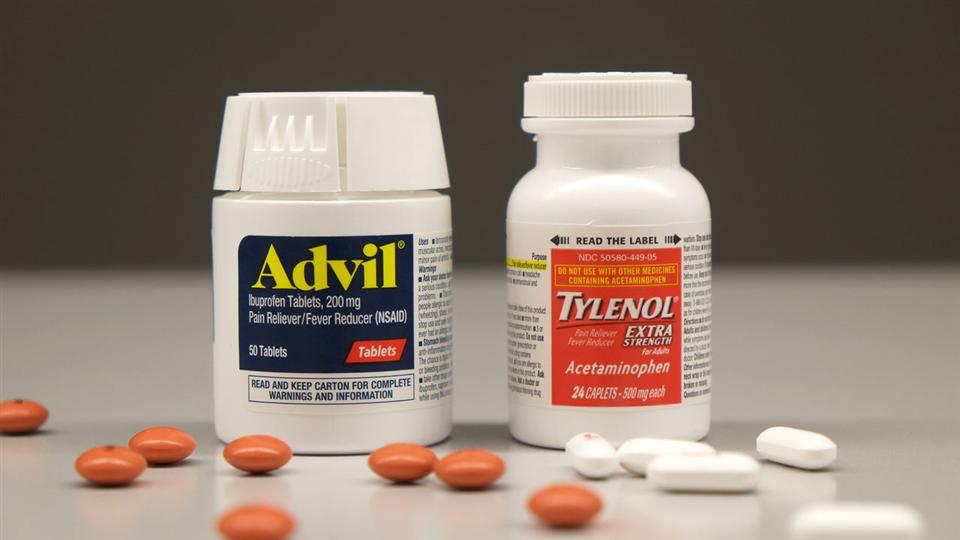You reach for the ibuprofen when your nagging headache starts to kill you or the period cramps are so bad. You take a big gulp of water, down all those recommended pills, and before long – feel like a new person again. But wait, you might be asking yourself. Can I take Ibuprofen on an empty stomach? Let’s find out together.

What is Ibuprofen?
Ibuprofen is a common medication used to treat pain and fever, as well as inflammation. Sold under the brand name Advil in the United States it works by stopping your body from making one of those things that cause all our problems. Ibuprofen is a medication that can be used to reduce fever and relieve pain or inflammation caused by conditions such as headaches, toothaches, arthritis, etc. It can be taken by adults starting at six months old and adults.

Difference between ibuprofen and acetaminophen?
Tylenol may be just as effective, but ibuprofen also helps with inflammation. Ibuprofen is an effective medication for many people, but it can cause adverse effects like gastrointestinal, renal, and cardiovascular. If you’re not sure if ibuprofen is the right choice then speak with a doctor about this first.

Is it okay to take it on an empty stomach?
The FDA has some great advice for those of you who have experienced an upset stomach when taking medications in the past. They recommend that if your experience was triggered by medication, take Ibuprofen with food or milk as this will help reduce any queasiness. The long-term use of (NSAIDs) can lead to stomach damage and that food may help cushion the effects, but evidence has been anecdotal.

Ibuprofen is a great painkiller, but when taken for an extended period of time it can have some side effects. it can affect levels of prostaglandin, a lipid that aids in stomach protection. Prostaglandin is a chemical that helps the stomach lining to heal from being irritated. Ibuprofen can reduce prostacyclins, so it’s best not to take them for an extended period of time or if you have severe issues with large doses already.
You may be able to take ibuprofen on an empty stomach if you have no risk factors. A study published in the Journal of Pharmacy and Pharmacology stated that: “The rapid onset of action of NSAIDs is most important during over-the-counter use, in which case it may be more appropriate to take the drugs on a fasting stomach.”
Taking ibuprofen on an empty stomach could make you feel better faster. But again, your doctor knows what’s best.
Frequently Asked Questions (FAQs)
What happens if you take ibuprofen on an empty stomach?
Problems may result from this since it might raise stomach acid and irritate the stomach walls. GI side effects might vary depending on a number of variables, such as duration of use. Compared to short-term use for urgent needs, using ibuprofen frequently increases the risk of GI-related issues.
Why do you need to eat before taking ibuprofen?
For instance, it is better to take NSAIDs like ibuprofen and other non-steroid anti-inflammatory medications (NSAIDs) with food. This is because NSAIDs prevent the body from producing prostaglandins, which induce inflammation. Unfortunately, prostaglandins also serve to protect the stomach lining from stomach acid in the gut.
Is a banana enough to take ibuprofen?
Study shows that eating a banana in place of ibuprofen can provide some of the same results when it comes to inflammation, whether you're an athlete or just trying to go the gym.
Is it harmful to take 2 ibuprofen every day?
Ibuprofen can be taken for a few more days, but it is not advised that you take it every day unless your doctor has prescribed it. Ibuprofen and other painkillers can irritate your stomach lining, which can result in issues ranging from mild nausea to ulcers.
If you know someone who might like this, please click “Share”!




